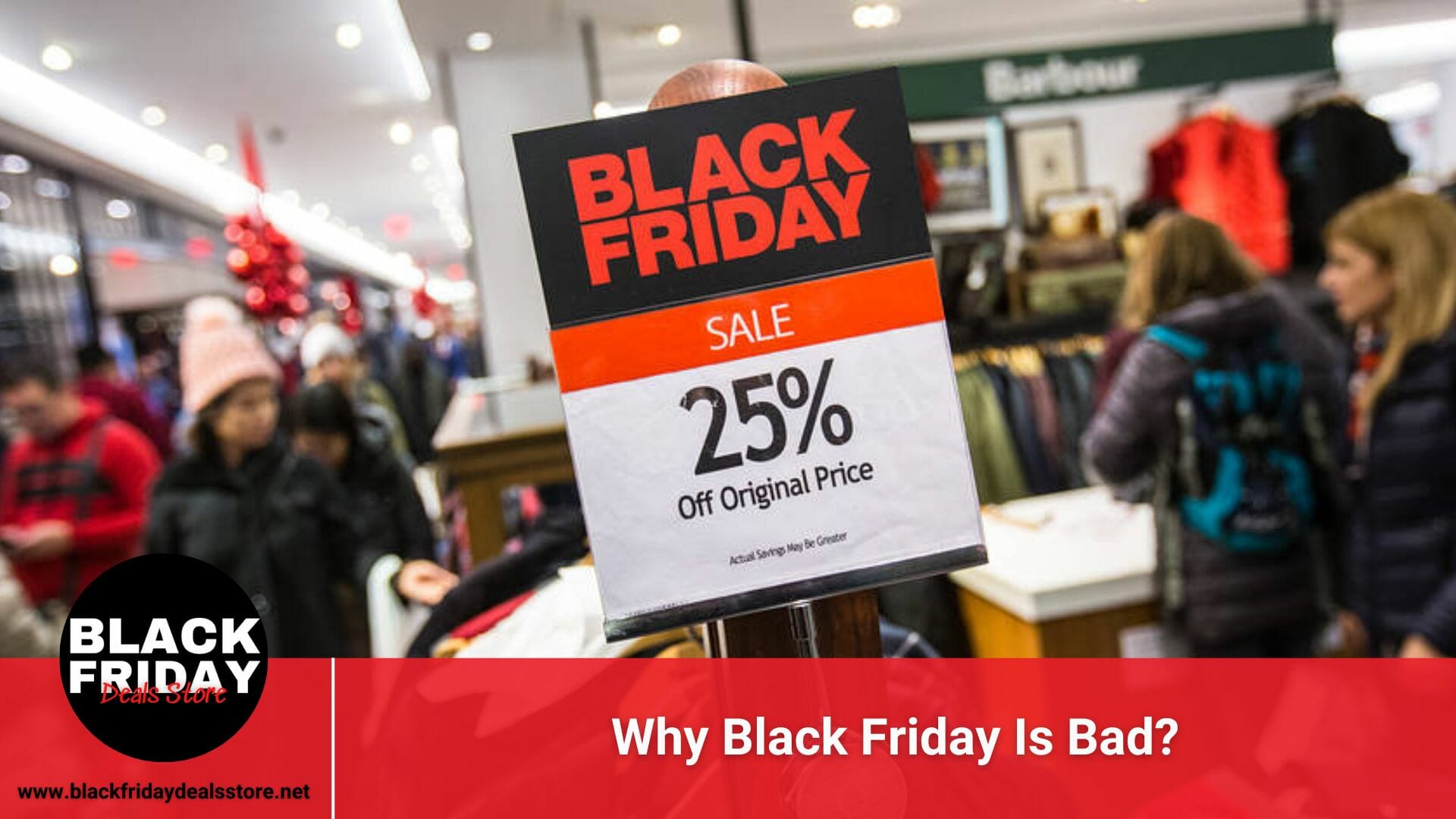Black Friday is the day after Thanksgiving when retailers offer deep discounts to lure customers in. But this is a costly strategy that can damage customer loyalty.
Instead, retail should focus on growing their relationships with high-value customers. This means offering features like VIP shopping hours to reward loyal shoppers.
The Dark Side of Consumerism
The day after Thanksgiving is considered by many to be the start of the holiday shopping season. It is also known as “Black Friday” because it’s a time when retailers offer deep discounts to lure consumers into their stores. It’s an important day for both consumers and businesses, as retailers can see higher revenue than usual and economists use sales figures to gauge consumer confidence and the health of the economy.
However, Black Friday is not all it’s cracked up to be. Despite the huge discounts, most store items actually remain at their regular year-round prices. The low prices on electronics and other popular goods are often a result of manufacturers cutting corners and using lower-quality components to get their products on the shelves faster. And the profits retailers make on these sales don’t necessarily end up in workers’ pockets.
Another problem with Black Friday is that it promotes mindless consumption. Every purchase comes with a hidden cost, such as carbon emissions from shipping and the creation of waste from single-use plastic and cardboard packaging. Additionally, the rush to buy cheap items can cause problems for companies that need to hire employees and provide services in order to continue operating.
Retailers that decide to buck the status quo and skip Black Friday can use it as an opportunity to build their relationships with high-value customers instead. They can also focus on lowering their prices and offering limited-time promotions during the holidays rather than blowing out all of their inventory at once. This way, they can still sell their wares while maintaining their profit margins and keeping shoppers happy. This is the best way to ensure long-term profitability without sacrificing customer satisfaction and creating a vicious cycle of lowering prices and falling revenues.
Black Friday and Ethical Concerns
Consumerism has become a big part of our culture, but too much shopping can lead to negative consequences. For one thing, it can deplete our bank balances and cause stress on our mental health. It can also cause a lot of unnecessary waste, as consumers often buy things they don’t need. This is particularly true during Black Friday sales, when retailers offer rock-bottom prices on overstock inventory and doorbusters to lure shoppers into stores.
In addition, excessive shopping can harm the environment. It’s no secret that shipping goods is a major source of pollution. This is because each time a product is shipped from a warehouse to a customer’s home, it generates emissions. And with a spike in demand during Black Friday, more trucks must be dispatched to deliver products. This is especially problematic considering the current climate, with the COP26 global summit aiming for net zero emissions by 2050.
Finally, the majority of companies that participate in Black Friday are not ethical. They often produce their goods in countries with poor labour laws and environmental standards. This can lead to environmental stress and contribute to the social problems in these regions. For example, fast fashion retailers often over-produce clothes around this time of year, which leads to a massive amount of textile waste.
It’s no wonder that the vast majority of people surveyed (88%) think that Black Friday is unethical. But the good news is that there are alternatives! In recent years, many small brands have taken a stand against Black Friday. For example, Swedish clothing brand Asket refuses to participate in the event and encourages customers to spend their money on sustainable and ethical products instead. They even close their website and store for the day!
Alternatives to Black Friday
Black Friday has become a notorious day for shopping stampedes and consumers rushing to grab cut-rate products. While the day has generated enormous profits for retailers, it also raises important concerns about consumerism and the impact of excessive consumption on our planet.
Many consumers are turning to alternative ways to shop on Black Friday, and there are some great opportunities for purpose-driven brands to connect with conscious customers. For example, some businesses are promoting outdoor activities instead of offering discounts. Other brands are partnering with local artists and designers to create limited-edition goods that support their mission. Others are supporting a cause by giving a percentage of their sales to a charity or community initiative.
For some companies, the best way to combat the negative impacts of Black Friday is to avoid it altogether. While this can be challenging for small businesses that rely on revenue from the holiday season, it can also offer a clear differentiator against competitors who are promoting deals during Black Friday.
Those that do choose to participate in Black Friday often share messaging that challenges hyperconsumerism or promotes ethical consumption. Some even shut down their e-commerce stores for the day in an act of protest.
For those that want to embrace the opportunity of Black Friday, a good idea is to use it as an opportunity to test out new promotions and offers that you can then extend throughout the holiday season. For example, you can experiment with conditional free shipping on your site to see what works. This approach can help you avoid overspending on discounted items and increase your average order value. It’s also a great way to amplify your brand values during the most competitive time of year.
Why Black Friday Is Bad?
Black Friday is a big day for sales and a big opportunity for retailers to make money. But it’s also a bad day for consumers, who are subjected to chaotic crowds and limited stock. And it’s a bad day for the environment, as many of the items bought on Black Friday are not needed and end up being thrown away or recycled.
As a result, people have begun to reject Black Friday and shop online instead. By 2021, the balance of Black Friday consumption was tipping heavily toward e-commerce, with a third of all consumers shopping online rather than in stores. In addition, the growing popularity of virtual Black Friday events could help to reduce the amount of waste generated by shoppers.
The idea behind virtual events is to create an immersive experience that allows customers to explore a store without the need for long lines and crowded shops. Retailers can use these immersive experiences to highlight special discounts and create a sense of urgency. However, it’s important to consider the impact of virtual Black Friday events on customer experience, as well as environmental impact.
Consumers can also be tempted to buy more than they need during Black Friday, as the low prices can be tempting. This can cause problems for the retailer, as it may need to hire extra staff for customer service and ensure that their website is up to speed to cope with demand.
In addition, a lot of the products offered on Black Friday are older models. This can be a problem, as people often prefer the latest model of a product. Moreover, driving all over town to find deals can be inefficient and bad for the environment.
Conclusion: Why Black Friday Is Bad?
Black Friday is a day of discounts that don’t necessarily offer the best value for customers. Consumers often buy things they don’t need, and the pressure to get a “good deal” can lead to chaos. It’s not uncommon to see news reports of people being injured or even killed in the stampede for a good bargain. There is no reason to endanger yourself for the sake of a discounted item, especially when you can save money by purchasing items that are secondhand or otherwise not available on Black Friday.
In addition to the safety concerns, Black Friday is bad for the environment. It promotes mindless consumption and creates massive waste from the non-recyclable plastic shopping bags, e-waste, and returns. It also encourages retailers to offer low prices all year, leading to poor margins for businesses and unnecessary price cuts.
As a result, many companies lose out on high-value customers who don’t participate in the rush to get great deals. These customers are more likely to shop at competitors that offer better customer experiences and build a long-term relationship with customers.
The bottom line is that Black Friday isn’t worth the trouble for most companies. Instead, they should focus on building strong relationships with customers throughout the year and offering them valuable products that are worth the high price tag. Those who choose to participate in Black Friday should focus on providing their customers with exceptional service and make it clear that they aren’t trying to rip off their loyal fans. That way, they won’t find themselves on the wrong side of a law suit or social media storm. If they aren’t careful, they could end up hurting their brand more than helping it.

